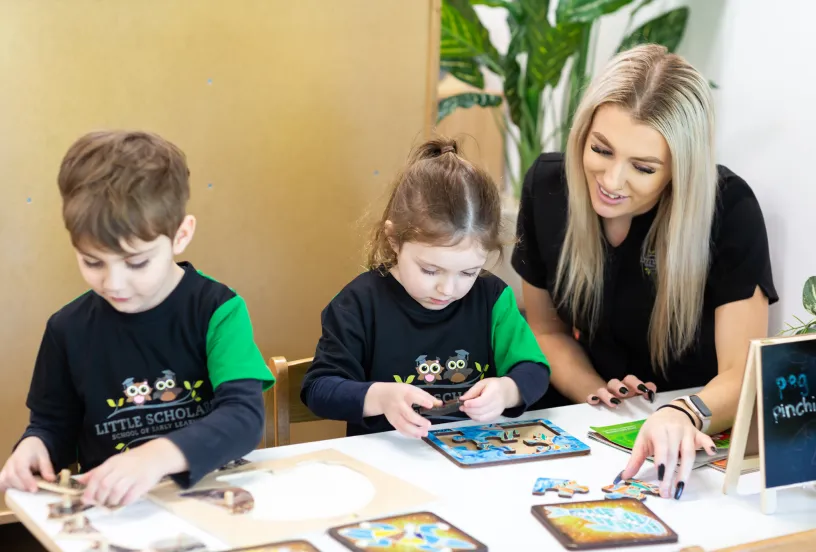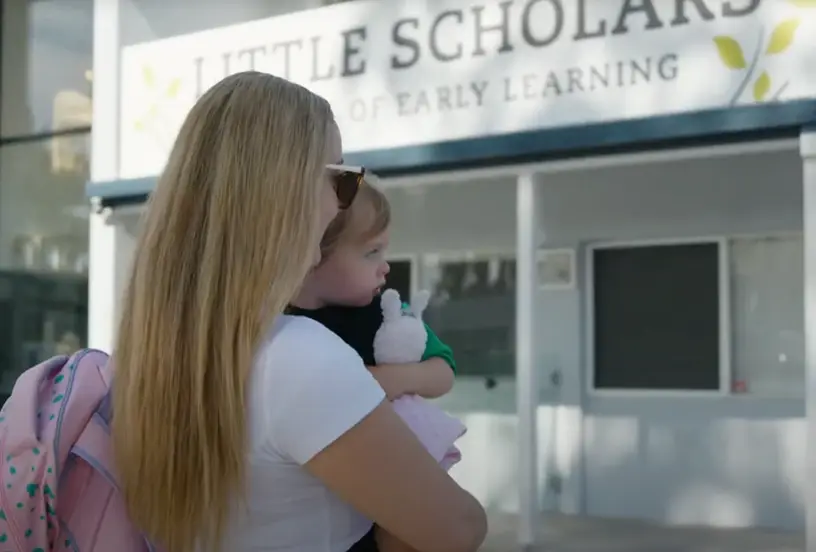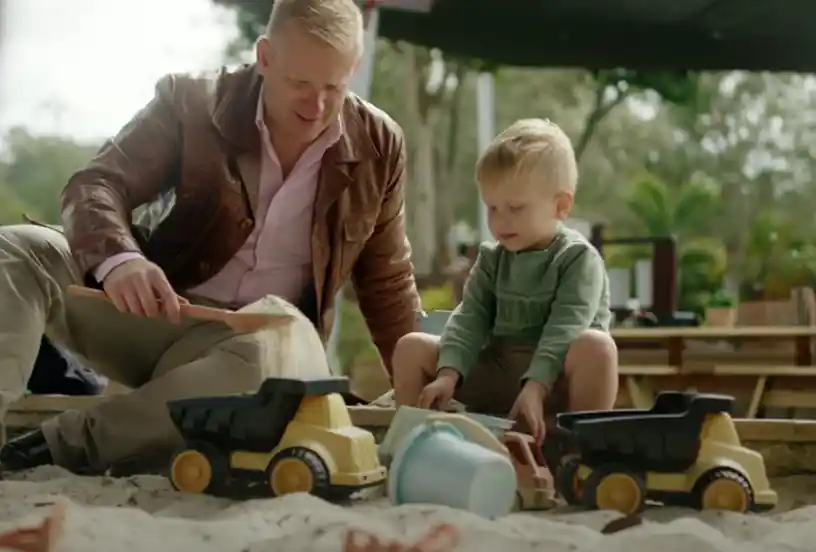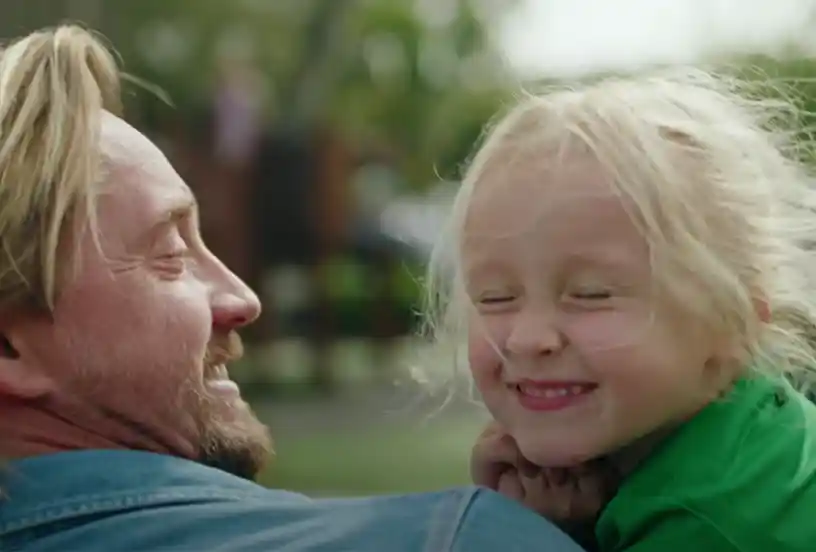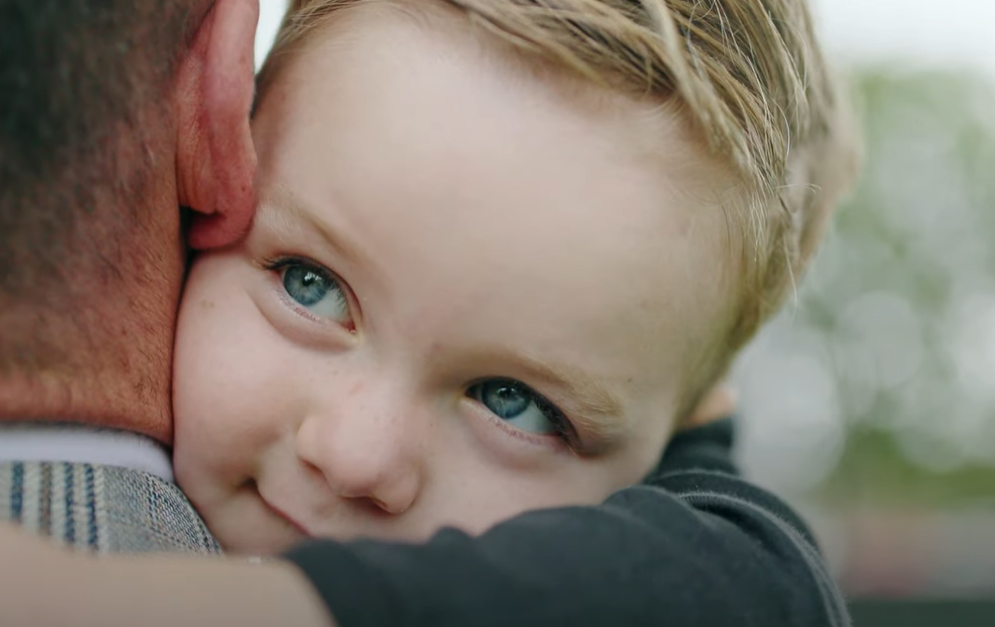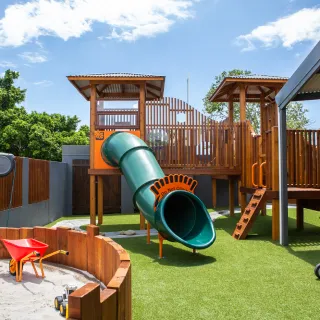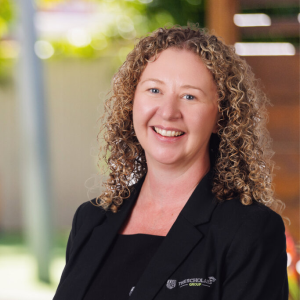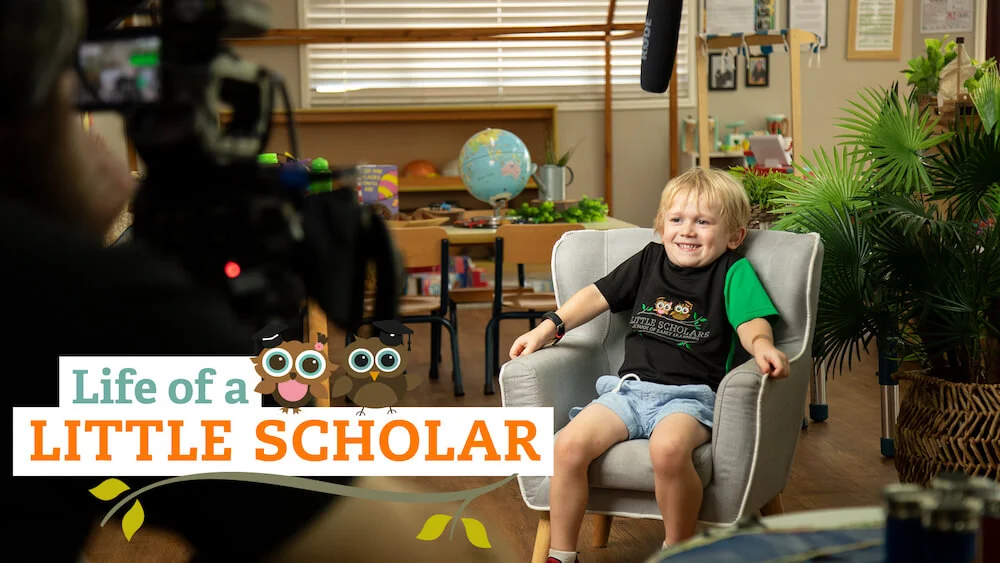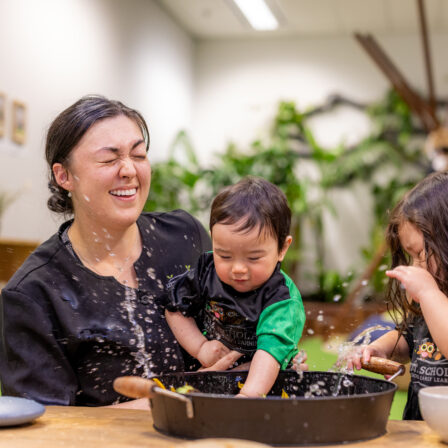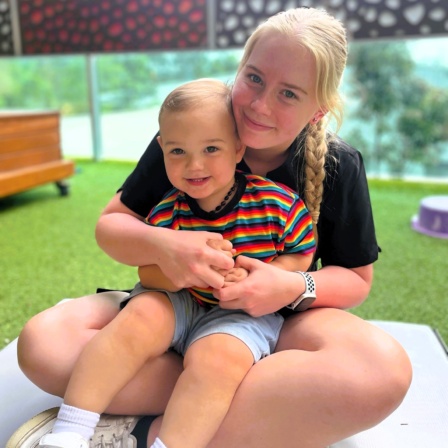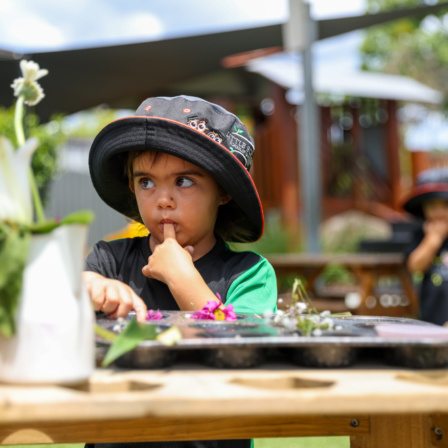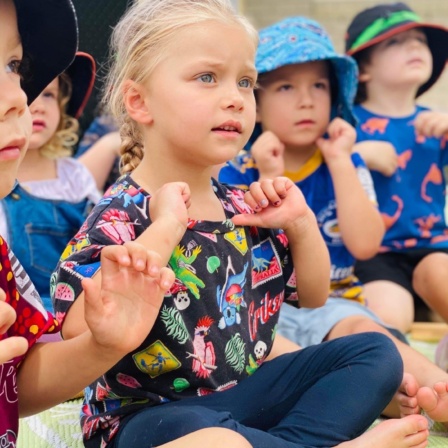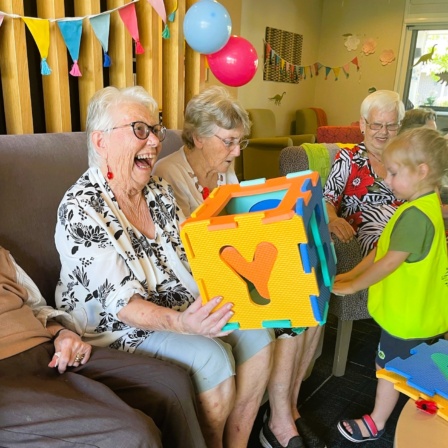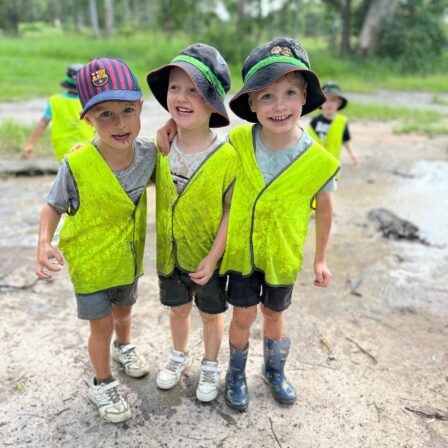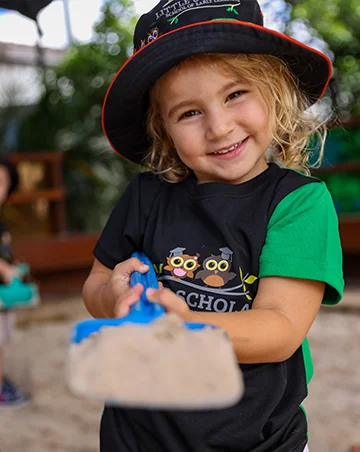Intergenerational 'Grandfriends' Program
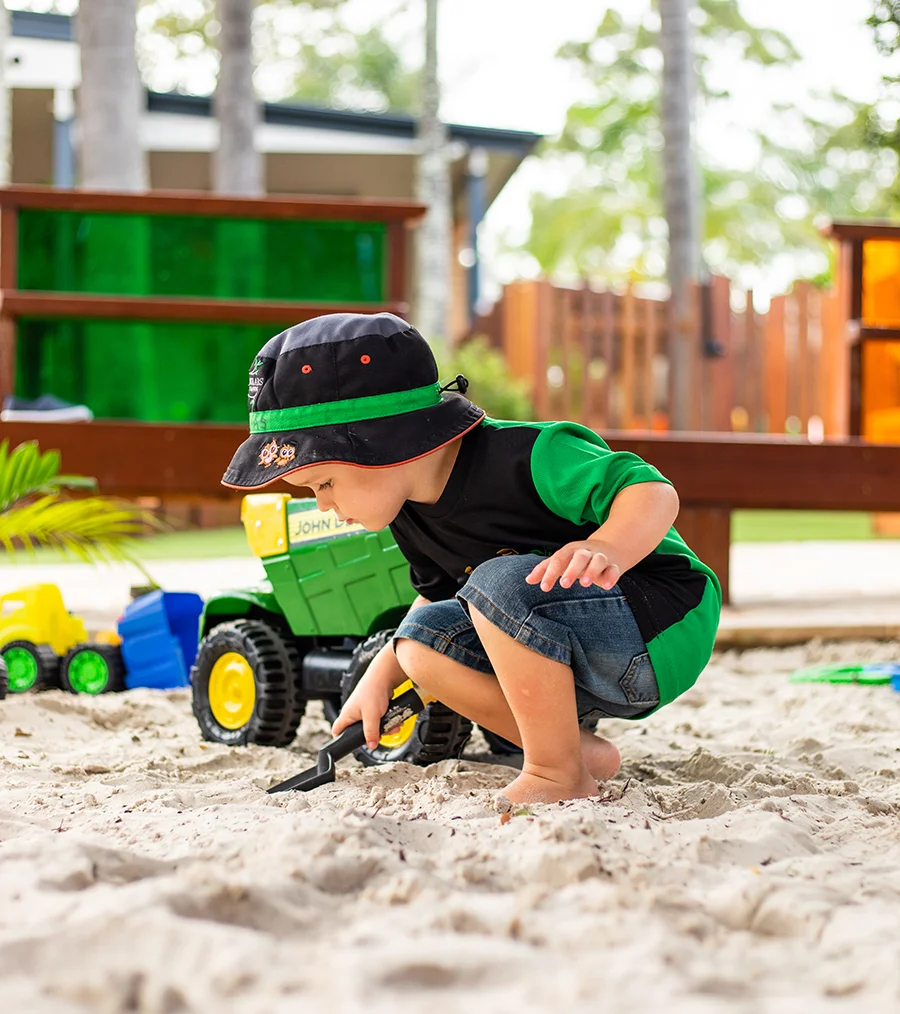
Our intergenerational ‘Grandfriends’ program connects young children and seniors – two increasingly segregated population groups in society – once every fortnight; improving the mental and social development of the children whilst helping to alleviate challenges of isolation and dementia commonly faced by seniors.
Our intergenerational program has been going for almost as long as Little Scholars has! Some of our campuses started informal visits to local aged care homes back in 2015.
Jae Fraser, founder and managing director of Little Scholars, says intergenerational care initiatives are backed by research and are producing extremely positive developmental outcomes for young children, giving them a healthier understanding of the world around them.
“Having frequent interaction with people who are one or even two whole generations older than themselves, can help children become more accepting of differences – especially when it comes to disability – as well as helping them learn about the natural aging process and reduce potential fear of elderly people,” says Jae.
Isolation and feelings of loneliness are a serious threat for older people, because they’re more likely to live alone, lose family members and friends, suffer from chronic illness and hearing loss. Statistically, one in four older (over 65) Australians live alone. Of those who live alone, according to a 2017 Australian Bureau of Statistics survey, about 12% didn’t receive visitors in a three-month period, and older men were reported to be less likely to have been visited, at 17%.
In a 2020 Royal Commission report, of the Australians who reported knowing someone in aged care facilities, one third never contacted the people they know, and one in five never visited.
Social isolation has also been linked to mental illness, emotional distress, suicide, the development of dementia, premature death, physical inactivity, poor sleep, and biological effects, including high blood pressure and poorer immune function.
For Little Scholars, this was a no brainer to help.
“It all began when our leadership team attended an intergenerational forum where we learnt that 16% of people in Australia are over 65 years of age and 45% of these people have reported feelings of loneliness. That’s a huge number and made us want to act,” says Jae.
The benefits for children are plentiful:
- Become more accepting of differences – especially when it comes to disability
- Learn about the natural aging process and reduce potential fear of elderly people
- It allows various generations to share stories and pass on their traditions, giving new perspectives
- Improved memory
- Enhanced self-esteem, feeling that they’re helping their grandfriends and making a difference
Supporting our curriculum
Intergenerational programs provide invaluable learning opportunities for children across various developmental areas, and Little Scholars has long recognised the benefits of bringing together the young and the young-at-heart.
Little Scholars’ early education curriculum, supported by the Early Years Learning Framework, places a strong emphasis on developing the social and emotional wellbeing of children. By connecting with seniors, children gain a deeper understanding and respect for others, especially those facing physical and aging challenges, fostering empathy, patience, and awareness. These bonds help children connect with the world around them in unique ways, developing their communication skills, confidence, and respect.
Intergenerational relationships allow children to participate in diverse relationships and communities, enhancing their understanding of various cultures, heritages, backgrounds, traditions, and perspectives. They also take pride in sharing these experiences with their grandfriends, creating a reciprocal learning environment.
With our intergenerational program, the children visit with their grandfriends fortnightly. They do crafts, play games, sing songs, share morning teas and have meaningful chats. For their young-at-heart mates, the visits help alleviate challenges of isolation, and brings joy, feelings of self-worth, developing new friendships, silliness, and fun.
“Celebrating the role older community members play in the development of children is something to be fostered and celebrated. The program is one of the most popular aspects of our services, we’ve found our community loves finding occasions to see the different generations come together and share in a common experience,” Jae says.
